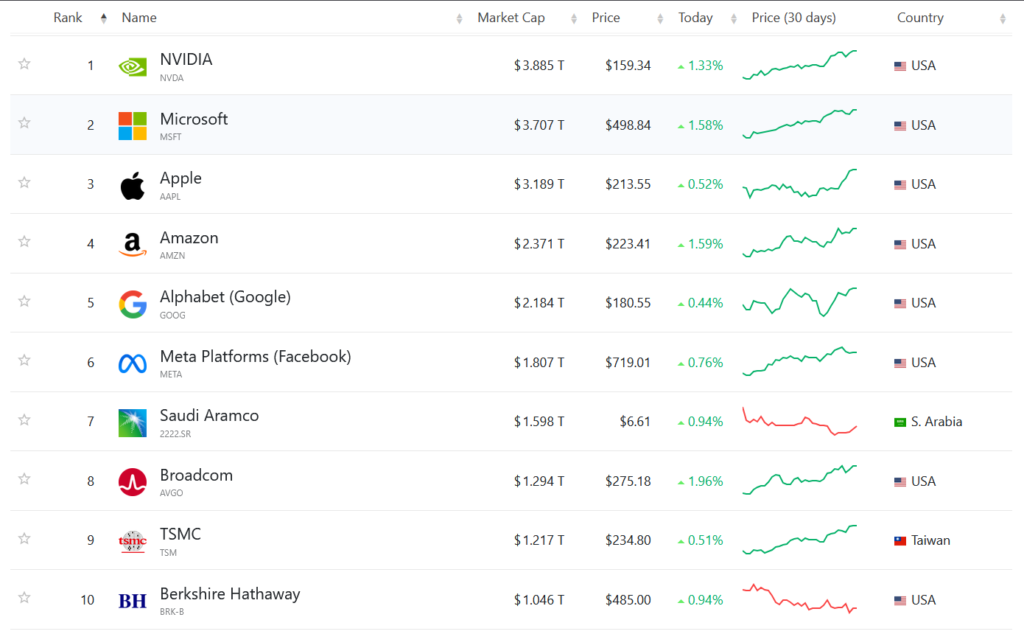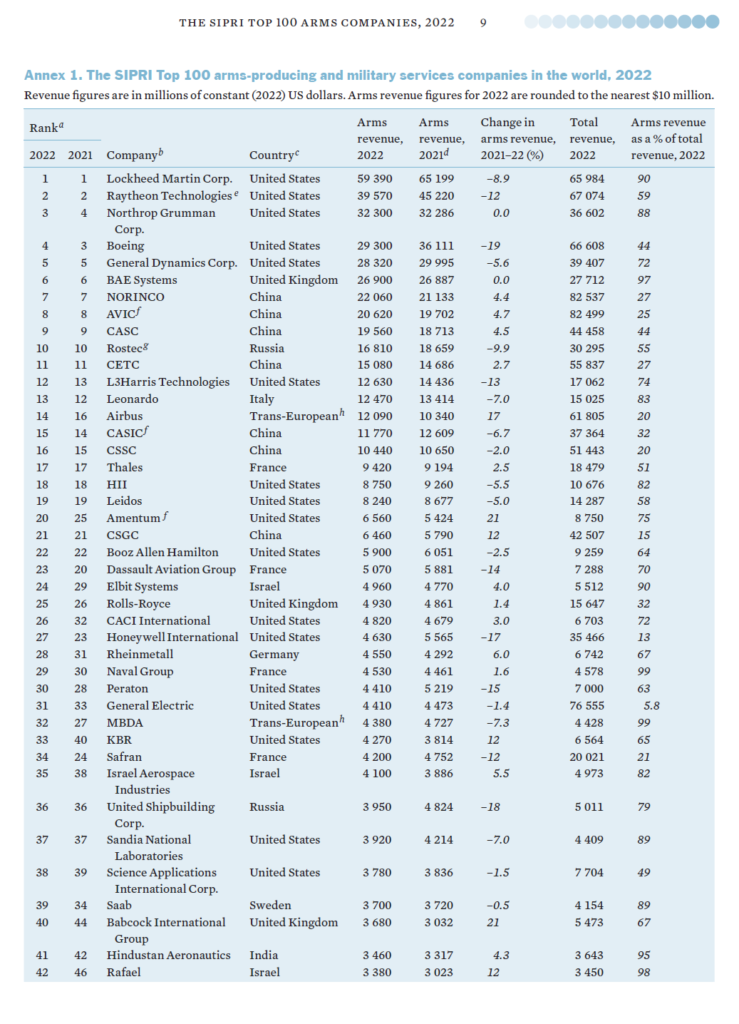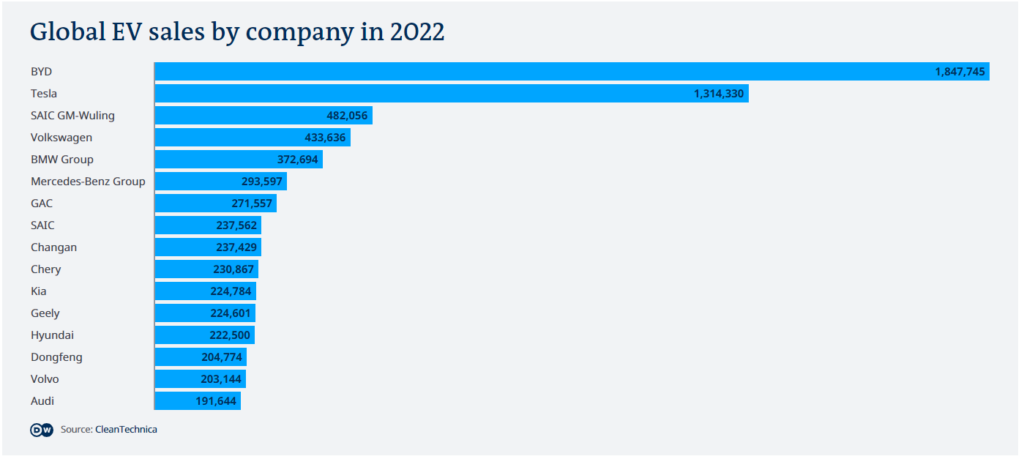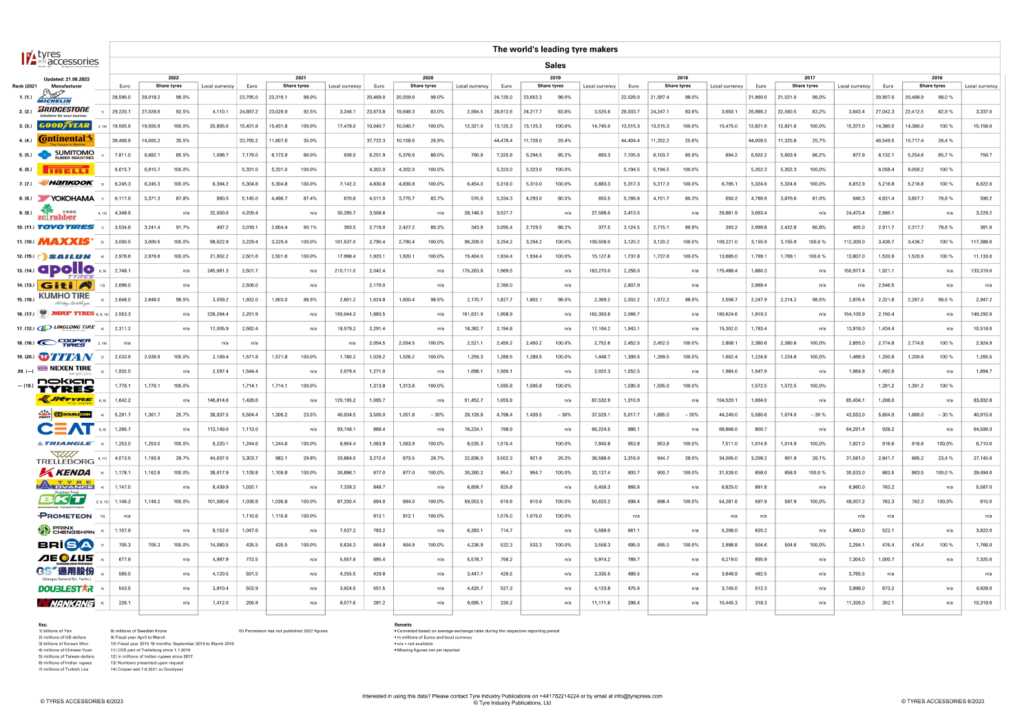Forbes magazine recently published its latest list of the World’s Most Innovative Companies. These companies were selected based on a factor called “The Innovation Premium”.
Definition of The Innovation Premium:
“The Innovation Premium is a measure of how much investors have bid up the stock price of a company above the value of its existing business based on expectations of future innovative results (new products, services and markets) . Members of the list must have $10 billion in market capitalization, spend at least 1% of their asset base on R&D and have seven years of public data.”
The Top 10 Companies in the ranking are listed below:
[TABLE=1067]
The rest of the list can be found here.
Source: The World’s Most Innovative Companies, Forbes
On a related note, from a Bloomberg article on the lack of innovation at Procter & Gamble:
For much of its history, Procter & Gamble Co. (PG) didn’t just roll out new products, it created new product categories, from the first mass-produced disposable diapers to Crest teeth-whitening kits. That’s one reason P&G has more than 1,000 Ph.D.’s among the 8,000 employees at its 26 innovation facilities around the world.
“P&G is largely a branded science company,” said Larry Huston, former innovation officer at P&G who’s now managing director of 4inno, a consulting firm.
Lately, though, there’s been a dearth of pioneering brands emerging from the world’s largest consumer-products company. Spending on research and development in fiscal 2012 ended June 30 was $2.03 billion, or 2.4 percent of sales, the same as the prior year and down from 3 percent of sales in 2006.
P&G’s most recent homegrown blockbusters — Swiffer cleaning devices, Crest Whitestrips, and Febreze odor fresheners — all went on sale at least a decade ago.
“P&G is built on creating new categories, and innovation is in its DNA, but they need to rediscover it,” said Peter Golder, a professor at the Tuck School of Business at Dartmouth College.
P&G ranked 24th in the Forbes list.
Disclosure: No Positions



